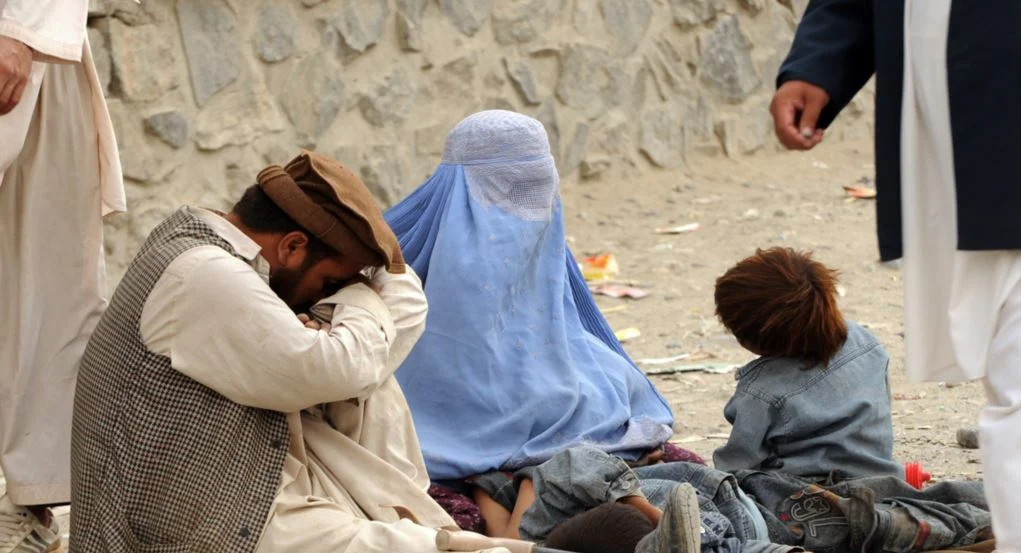The Afghan government has initiated digging trenches to capture rainwater and snowmelt on a mountain on the outskirts of Kabul. Many of those in Afghanistan who have lost their jobs from March to June, due to the coronavirus pandemic are finding employment as diggers. However, the city struggles under the weight of the water and health crises.
Lockdown measures to contain the spread of the virus have taken their toll on the country’s fragile economy. More than 40,000 workers have been rendered unemployed in Kabul alone. The Afghan Government is now employing them to help rehabilitate groundwater supplies for its fast-growing capital. Laborers are being paid at approximately 300 afghanis ($3.90) per day, to dig approximately 150,000 trenches, as well as 17 small dams and spillways, on the peripheries of Kabul’s rugged terrain.
The Kabul water project is planned to run for at least a year. Twelve billion Afghanis ($155 million) in funding, is being paid to revive Kabul’s water supplies. The city’s primary sources of ground and potable water have been over-exploited, putting the homes and livelihoods of around seven million residents at risk, experts say.
Like many of its neighboring countries, Afghanistan has also tried to fix these systemic issues by introducing a “green stimulus”. Green stimulus packages are defined as short-run fiscal stimuli that also serve a “green” or environmental purpose in a situation of “crisis” characterized by temporary under-employment. The relief package often attempts to address two pressing challenges together: keeping the economy up and running during the pandemic and dealing with the adverse effects of climate change.




![Ukrainian and Russian flags with soldier silhouettes representing ongoing conflict. [Image via Atlantic Council].](https://southasiatimes.org/wp-content/uploads/2026/02/2022-02-09T000000Z_1319661209_MT1NURPHO000HXCNME_RTRMADP_3_UKRAINE-CONFLICT-STOCK-PICTURES-scaled-e1661353077377.jpg)


